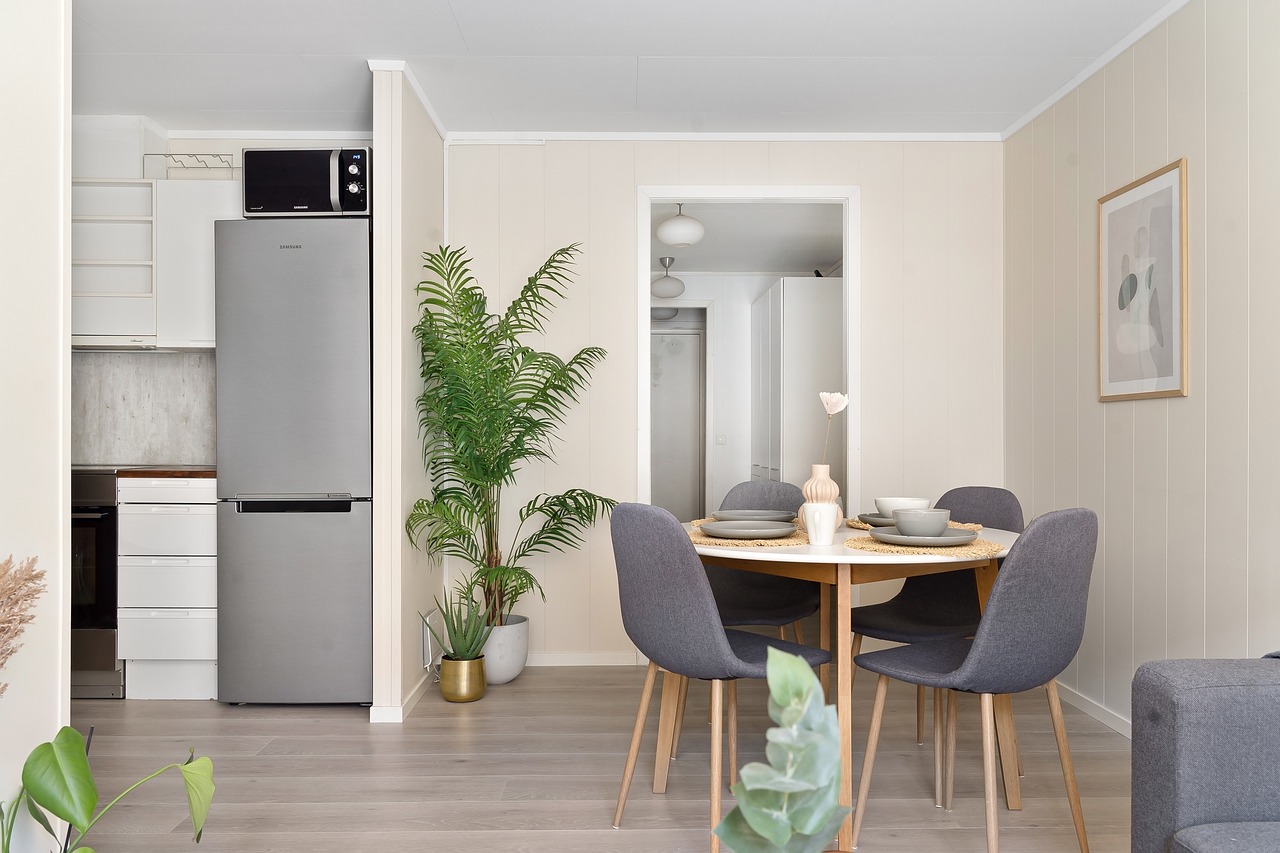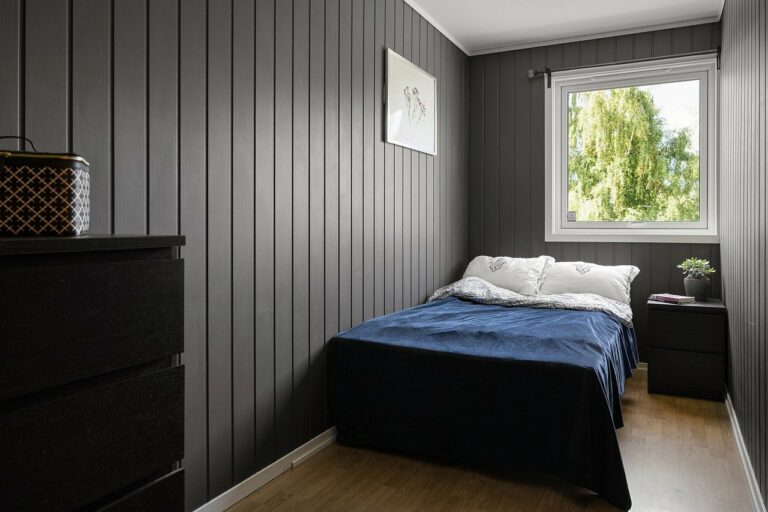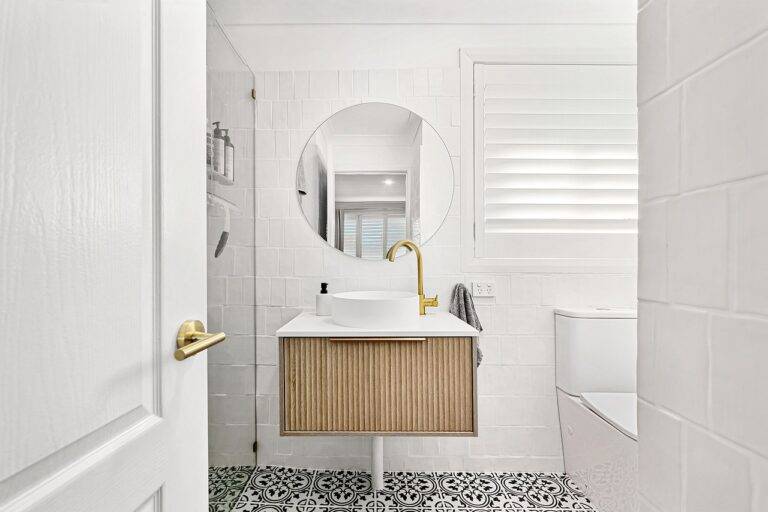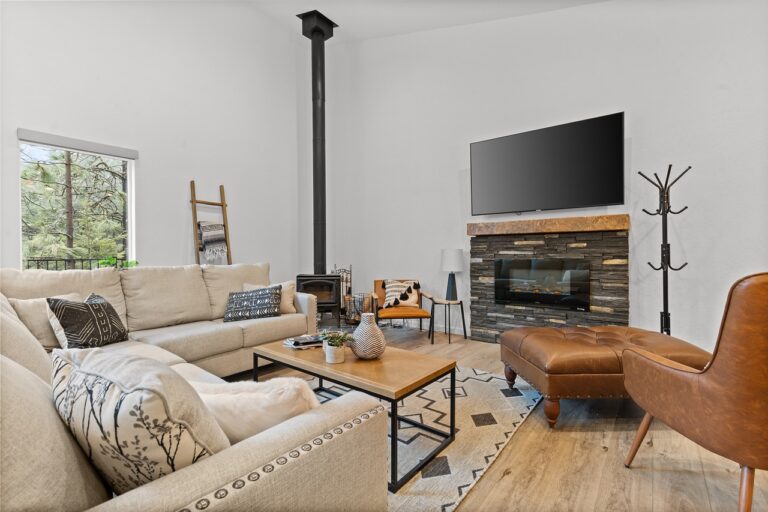The Role of Ventilation Systems in Improving Indoor Air Quality: 11xplay id, India24bet 24, Skyfair vip login
11xplay id, india24bet 24, skyfair vip login: Poor indoor air quality can have a significant impact on our health and well-being. From allergens and pollutants to mold and mildew, the air we breathe indoors can be filled with harmful substances that can lead to respiratory issues and other health problems. One of the key solutions to improving indoor air quality is the use of ventilation systems.
What are ventilation systems?
Ventilation systems are designed to bring in fresh outdoor air while pushing out stale indoor air. These systems can include exhaust fans, air filters, and HVAC systems that work together to regulate airflow and remove contaminants from the air. By continuously circulating and filtering the air, ventilation systems help maintain a clean and healthy indoor environment.
The importance of ventilation systems in improving indoor air quality
Ventilation systems play a crucial role in improving indoor air quality by:
1. Removing pollutants: Ventilation systems help to remove pollutants such as dust, pollen, and pet dander from the air, reducing the risk of allergies and respiratory issues.
2. Controlling humidity: Proper ventilation helps to control humidity levels in indoor spaces, preventing mold and mildew growth which can lead to respiratory problems.
3. Preventing stale air: Ventilation systems help to prevent the buildup of stale air, ensuring a continuous flow of fresh air throughout the space.
4. Reducing odors: Ventilation systems can help to remove unpleasant odors from indoor spaces, creating a more pleasant and inviting environment.
5. Improving overall comfort: Proper ventilation helps to regulate temperature and airflow, creating a more comfortable and healthy indoor environment for occupants.
6. Enhancing energy efficiency: Efficient ventilation systems can help reduce energy consumption by properly circulating air and maintaining optimal indoor air quality.
FAQs:
Q: How often should I change the air filters in my ventilation system?
A: It is recommended to change air filters in ventilation systems every 3-6 months, depending on usage and the type of filter being used.
Q: Can ventilation systems help with reducing humidity levels in a basement?
A: Yes, ventilation systems can help control humidity levels in basements by circulating air and preventing moisture buildup.
Q: Are ventilation systems noisy?
A: Modern ventilation systems are designed to operate quietly, providing optimal airflow without creating excessive noise.
Q: Do all buildings require ventilation systems?
A: Yes, all buildings, regardless of size or purpose, can benefit from having proper ventilation systems installed to improve indoor air quality.
In conclusion, ventilation systems play a vital role in improving indoor air quality by removing pollutants, controlling humidity, preventing stale air, reducing odors, enhancing overall comfort, and increasing energy efficiency. Investing in a quality ventilation system can help create a healthier and more comfortable indoor environment for everyone.







